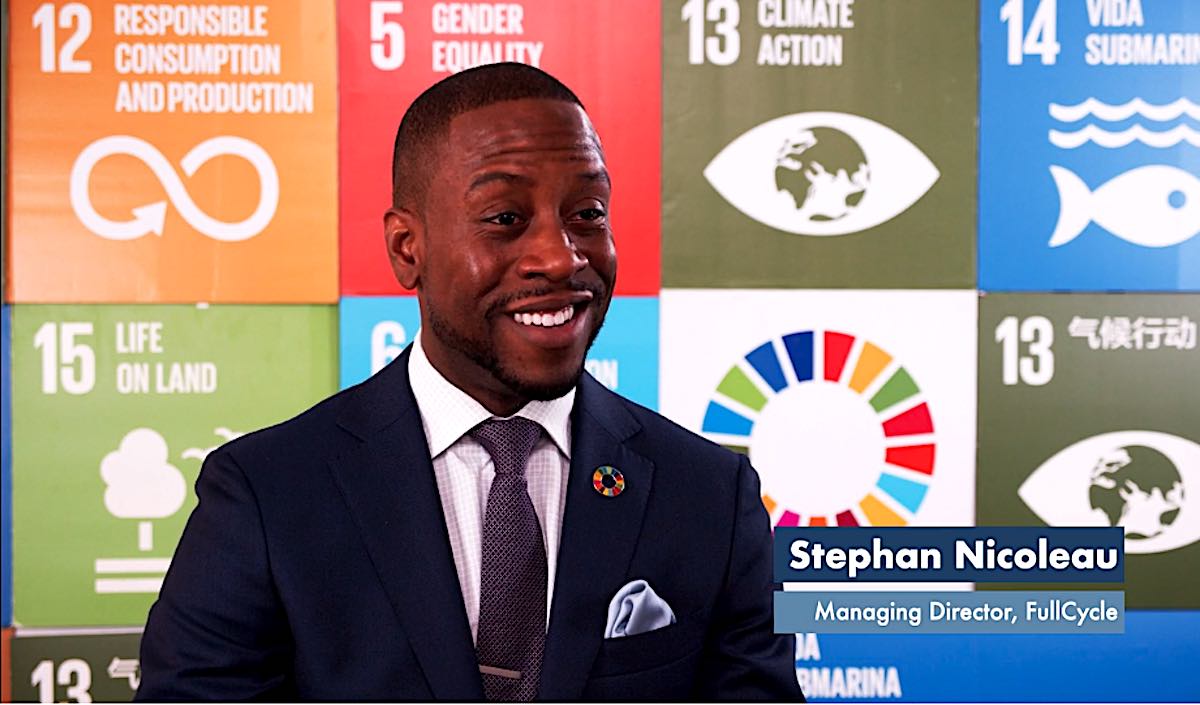ImpactAlpha, Nov. 23 – Only two weeks after the COP26 global climate summit, Stephan Nicoleau of climate investment firm Full Cycle is looking ahead to next year’s Conference of Parties in Sharm El-Sheikh, Egypt. On ImpactAlpha’s Impact Briefing podcast, Nicoleau laid out three actions investors can take in the months leading up to COP27.
Make the methane pledge matter
Global leaders pledged to reduce the short-lived but potent greenhouse gas by 30% from 2020 levels. The pact may not on its own be sufficient. But what it offers, says Nicoleau, “is a chance to think about how capital can move to really blow past that 30% reduction level” by building green infrastructure that can avert the emissions of methane and add value to local economies.
Focus on the worst emitters
Many COP26 delegates and activists were dismayed by the last minute watering down of a pledge to phase out coal. But even the “phase down” language is a welcome development, says Nicoleau, who urges investors to focus on the 5% of power companies that are responsible for nearly three-quarters of the sector’s emissions.
“We know where that top 5% of infrastructure is,” he says, citing countries like Poland, South Korea and China. “We know what megawattage they produce, we know what replacement costs roughly should be.” Rather than taking a generalized approach, investors should focus on building new renewable energy capacity to convert or replace the worst emitters.
Engage with indigenous leaders
“There’s a difference between presence and inclusion,” says Nicoleau. It was not only difficult for many indigenous leaders to reach Glasgow – some that he spoke with traveled 3 days by canoe to get to the nearest airport – many were not credentialed for entry into the ‘Blue Zone’ where most of the official dialogue and negotiations took place. “This is 5% of our global population that’s responsible for stewarding 80% of our biodiversity.”
One indigenous leader who was part of the Blue Zone conversation was Txai Suruí who had a speaking slot closing out a plenary session. As she was talking about friends that had been murdered for standing up against deforestation, some delegates were packing up their belongings to rush to the next meeting, in what Nicoleau called a “gross display.”
We have an opportunity to learn from those shameful moments to make COP27 genuinely inclusive, he says. And over the next 12 months, to “engage with indigenous communities in these conversations, because they have to be heard and they are the key for so much of what we need to do.”











